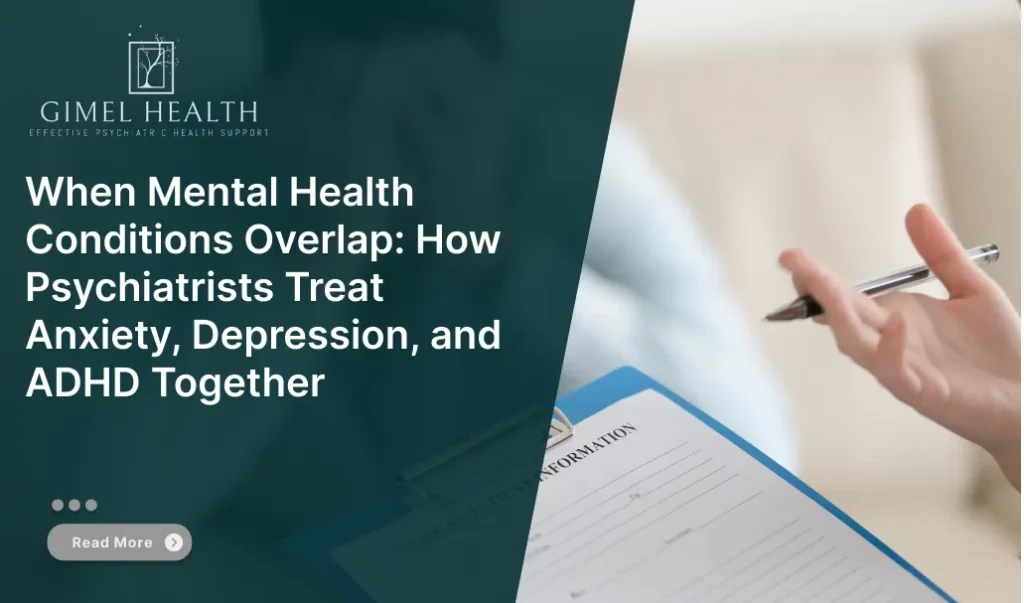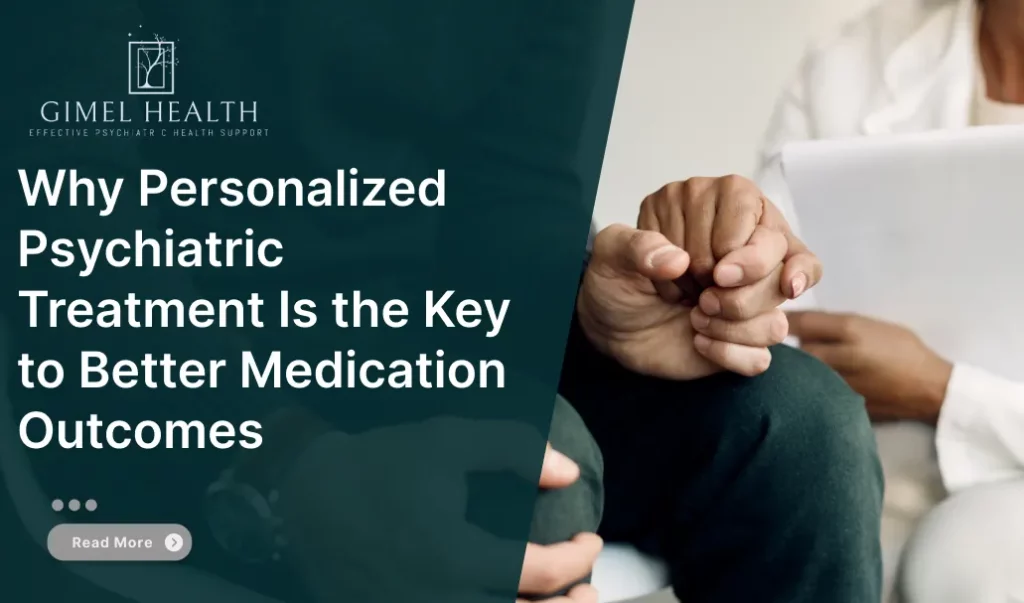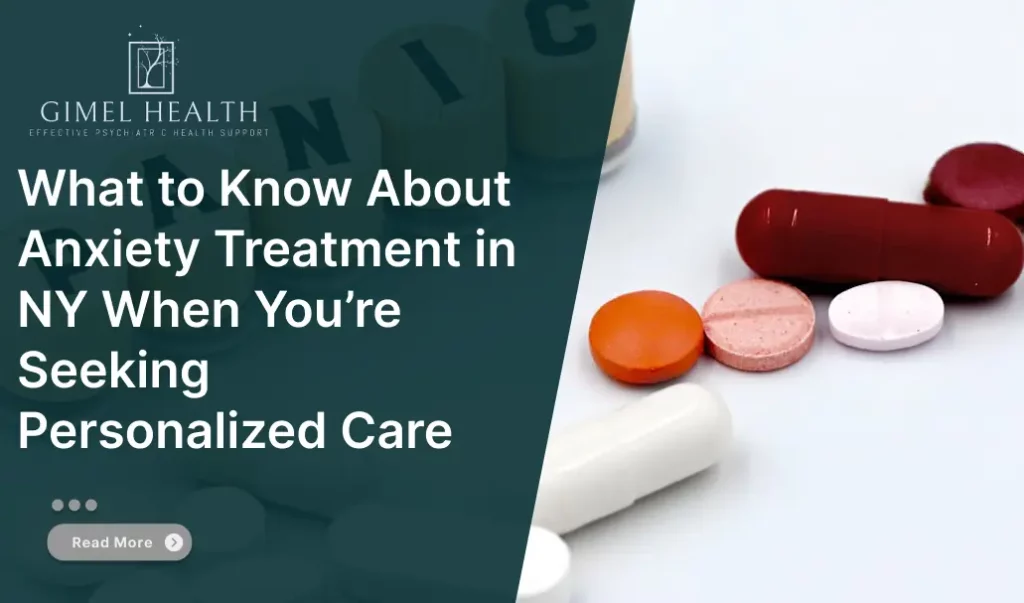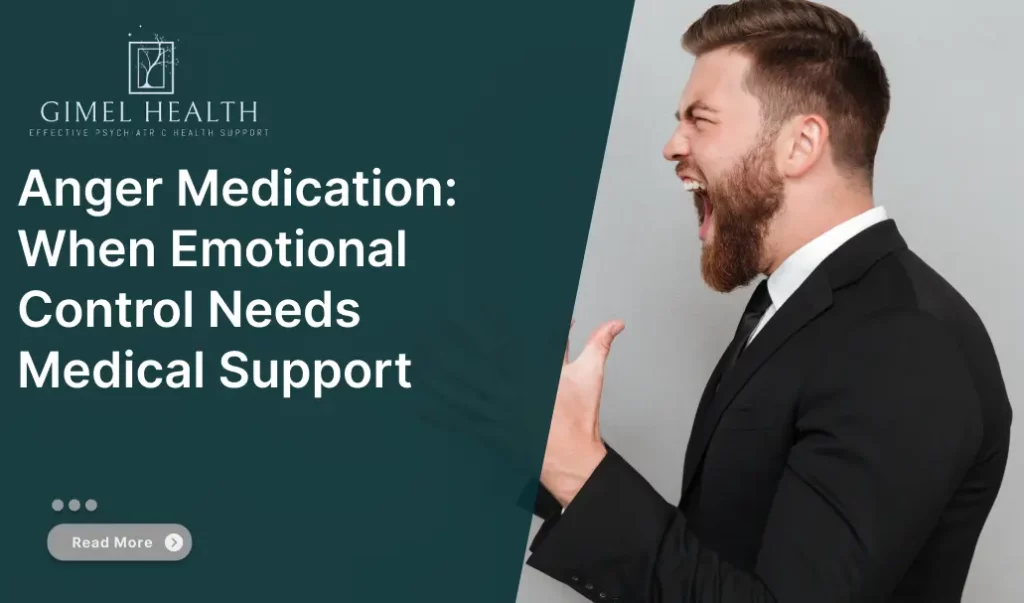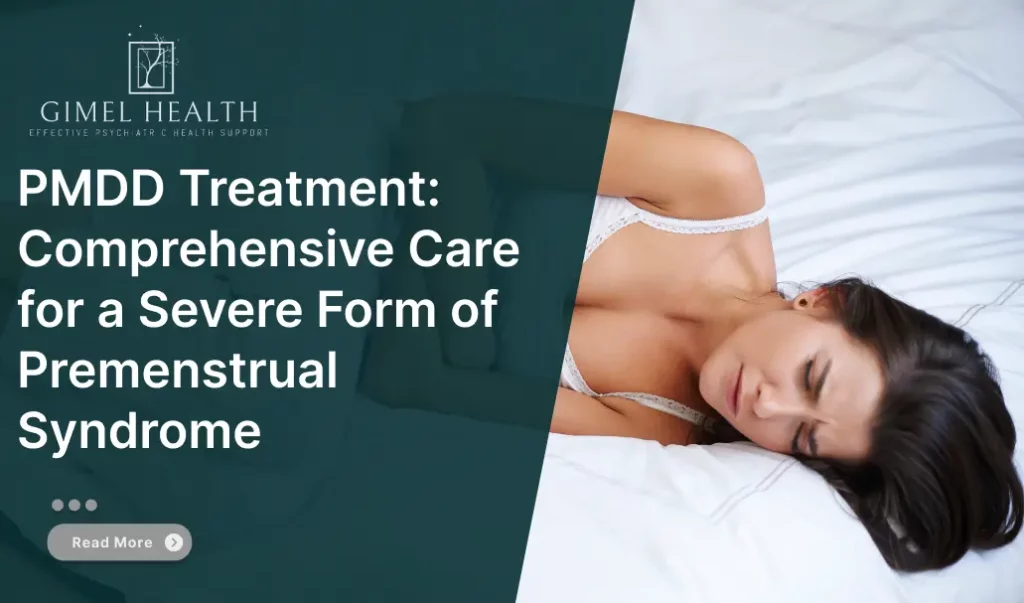
Depression Evaluation & Diagnosis
I don’t believe in one-size-fits-all psychiatry. With over 10 years in molecular and cellular biology research, I bring the deep understanding of neurobiological processes into my psychiatric care. After a comprehensive evaluation, you’ll receive a dedicated plan designed for you, with personalized prescription medication and ongoing medication management tailored to your needs.
Diagnostic Tools & Personalized Treatment Planning
I tailor your depression evaluation NJ based on age, clinical setting, and symptom severity. Screening tools may include the Geriatric Depression Scale (for older adults), the Zung Self-Rating Depression Scale, or the Epidemiologic Studies Depression Scale. For young adults or primary care settings, I often use the PHQ-9, one of the most effective depression screening tools supported by evidence-based guidelines. I also review your physical health, lifestyle habits, health care provider history, and any previously accessed health services to ensure nothing is missed.
Once your depression evaluation is complete, I create a personalized treatment plan built around your diagnosis and clinical needs. This may involve cognitive behavioral therapy, antidepressant medications, support group referrals, or additional diagnostic steps. I collaborate with healthcare providers, including specialists in psychiatry and behavioral health, to deliver mental health care that aligns with your personal goals and daily life. My approach is always focused on delivering accurate diagnosis, effective treatment, and lasting recovery, ensuring you’re supported from your first screening through every step of treatment.
What Is a Depression Evaluation?
A depression evaluation NJ is the critical first step in identifying major depressive disorder, mood disorders, and related psychiatric conditions. I provide a confidential, structured assessment using industry-standard tools such as the Patient Health Questionnaire-9 (PHQ-9), Hamilton Rating Scale for Depression, and the Beck Depression Inventory. This process helps evaluate symptoms of depression including persistent sadness, loss of interest, trouble falling asleep, and low self-esteem. Whether you’re dealing with mild depression, severe depression, or treatment-resistant depression, this evaluation helps determine an accurate diagnosis and next steps.
When Should You Seek a Depression Screening?
You should consider a depression screening if you’re experiencing depression symptoms like little interest, suicidal thoughts, fatigue, or appetite changes, common in major depression and seasonal affective disorder. These are more than passing moods and may signal a mental illness. I also assess risk factors like family history, drug use, medical conditions, and recent life events. Early screening improves treatment response, lowers suicide risk, and prevents worsening mental health problems.
Years of Experience
Consistent Reliable Support
Personalized Treatment Plan
Personalized Treatment Plan
Yona Gordon
Sam Damashek
Arina Baranova
One of the most nicest, kindest and considerate doctors I met.
He went over with me thoroughly on the documents and was generous enough to explain me everything that I asked.
I think he is a real doctor of people and not just someone that’s write prescriptions.
Galit Atoll
I wanted to sincerely thank Dr Feldman for his help during my time in the U.S.
His support, especially when my country was under attack, flights were grounded and medication was hard to access, made a real difference.
He was very kind, professional, and helped me get exactly what I needed in the best and most thoughtful way.
Amit Manor
Michael Feldman is an exceptional mental health provider who truly listens and takes time to understand patients’ concerns. He provides thoughtful guidance and support.
Arkadiy Niyazov
I met Michael Feldman after years of search and trial and error. If you look for a professional who is invested in his patient’s progress, research-oriented, with a deep understanding of the body-mind connection and a wholistic approach to treatment, look no further.
Natalia Rowe
Dr Michael Feldman is an amazing doctor. He prescribed the proper medication in the right dosage for me. He did this because he listens and asks very good questions. I highly recommend him and his practice at Gimle Health.
Gary Anolik
Michael Feldman is a wonderful and caring P.A. He always gives 100%. He listens attentively and provides many insights I would never thought of by myself . I find having him in my corner invaluable and I could not recommend him more highly. He’s the best!
Lynne Goldberg
Michael is an amazing professional! He truly invests in his patients and provides care and feedback even during off hours. Although we have only been using his services for a short time, he already stands out as caring, knowledgeable, and confident in his approach. We plan to continue using his services and would absolutely recommend him to anyone!
Timur Alimov
Get In Touch
Contact us Today
Schedule Your First Appointment and Begin Your Path
Your journey to better mental health starts here. With advanced expertise in biology and psychiatry, I build exclusive medication plans backed by science. Contact me to schedule your initial consultation.
Phone Number
(201) 815-4351
Location
440 West Str, Ste 307, Fort Lee Bergen County NJ 07024
BLOG & ARTICLE
Read Our Blog & Article
If you have ever wondered why your anxiety...Read More
If you have ever started psychiatric medication and...Read More
Anxiety is one of the most common mental...Read More
Finding the right psychiatrist NJ is one of...Read More
Anger is a normal emotion, but when it...Read More
Premenstrual Dysphoric Disorder is a severe form of...Read More
FAQ
Frequently Asked Question
What Is the Purpose of a Depression Evaluation?
A depression evaluation NJ is essential for identifying early symptoms of depression such as persistent sadness, fatigue, suicidal thoughts, low self-esteem, and little interest in daily activities. It helps distinguish between different mental health conditions, including the following problems: major depressive disorder, bipolar disorder, seasonal affective disorder, and other mood disorders.
How Accurate Are Depression Screening Tools?
Depression screening tools are highly accurate when administered by a qualified health care provider. Health topics like the Patient Health Questionnaire-9 (PHQ-9), Beck Depression Inventory, and the Hamilton Depression Rating Scale have been validated through years of clinical trials and systematic review studies. These tools are regularly used in both primary care settings and specialized mental health care environments. Depending on the individual, additional tools like the Geriatric Depression Scale, Zung Self-Rating Depression Scale, or the Epidemiologic Studies Depression Scale may be used to increase precision. Their effectiveness in measuring depressive symptoms such as depressed mood, fatigue, and loss of interest helps guide effective treatment strategies and long-term recovery plans.
Can Medical Conditions Cause Depressive Symptoms?
Yes, a wide range of medical conditions can trigger or worsen depressive symptoms. Chronic illnesses such as heart disease, chronic pain, hormonal imbalances, or neurological disorders may contribute to major depression or even mimic the signs of other psychiatric disorders. That’s why your depression evaluation may include a physical exam, comprehensive medical history, blood tests, and lab tests to rule out physiological causes. I assess all risk factors, including your family history, medications, and previous mental health problems, to build an informed and individualized treatment plan. Recognizing the link between physical and mental disorders is essential for ensuring mental and medical care are integrated into your recovery journey.
Is a Depression Evaluation NJ Suitable for Older Adults?
Absolutely. Older adults are often at increased risk of developing mental health conditions like depression, especially in the presence of medical conditions, loss of independence, grief, or social isolation. Unfortunately, depressive symptoms in this population can be misattributed to aging or physical illness.
What Happens After the Depression Screening?
After your depression screening is complete, I walk you through the results in detail. Based on the findings and your reported depressive symptoms, we develop a personalized treatment plan that may include cognitive behavioral therapy, antidepressant medications, or a referral to support groups and specialists in psychiatry or behavioral health. I also review your access to mental health care, help you navigate available health services, and identify community resources such as the Crisis Lifeline if needed. The goal is a treatment approach that addresses your specific mental health problems, reduces suicide risk, and improves your day-to-day functioning. My goal is to create a plan that supports long-term mental health care. You’ll also receive follow-up resources, and links to recommended tools or support group directories may be shared via email or through this official website for easy access. Whether you’re facing mild depression or treatment-resistant depression, I provide support at every step.
Can Depression Look Different in Young Adults?
Yes, in young adults, depression can manifest differently than in older populations. Instead of classic symptoms like persistent sadness, signs may include irritability, academic decline, substance use, or withdrawal from friends and social activities. I use specialized, age-appropriate screening tools and consider influencing life events, peer pressure, or the impact of social media. Risk factors such as family history, emerging substance use disorder, or prior mental health problems are carefully assessed. By evaluating both environmental and psychological contributors, I build a tailored treatment plan for young adults, often involving talk therapy, medication, and structured support group participation to foster resilience, growth, and recovery.
How Do I Know If I Have Major Depressive Disorder or Another Mood Disorder?
To determine whether you have major depressive disorder, bipolar disorder, or another mood disorder, I conduct a thorough assessment using the Statistical Manual of Mental Disorders (DSM-5), combined with evidence-based screening tools. I evaluate hallmark depression symptoms like persistent sadness, depressed mood, loss of interest, changes in sleep or appetite, and suicidal ideation. In addition, your medical conditions, psychiatric disorders, personal and family history, and social environment are all reviewed. The process is designed to ensure an accurate diagnosis and depression test to rule out overlapping mental disorders, preventing misdiagnosis and enabling a personalized and effective treatment of depression that aligns with your specific needs.
Can Physical Health Issues Affect Mental Health?
Yes, there is a strong connection between physical and mental illness. Medical conditions like chronic pain, heart disease, and neurological disorders can lead to or worsen depression symptoms. During your evaluation, I assess for both psychological and physical risk factors, using tools such as a physical exam, lab tests, and a detailed health information review. I also look into other potential contributing factors like weight gain, sleep disturbances such as trouble falling asleep, and recent life events. By integrating your mental and physical health history, I can tailor a treatment plan that addresses your unique needs and supports comprehensive recovery, whether for you or a family member you’re worried about.
What’s the Difference Between Major Depressive Disorder and Treatment-Resistant Depression?
Major depressive disorder (MDD) involves a cluster of persistent depression symptoms that interfere with daily life, such as depressed mood, loss of interest, and fatigue. When standard therapies like antidepressants or psychotherapy fail to produce results, the condition may be classified as treatment-resistant depression. In such cases, I may explore alternative strategies, such as additional diagnostic tools, or consult research involving Robert L. Spitzer and innovations from institutions like Pfizer Inc that explore novel treatments. I also consider whether symptoms align with resistant depression subtypes and evaluate your prior treatment response, treatment options, and possible co-occurring psychiatric disorders for a more effective and personalized intervention.
What Role Does Age Play in Depression Evaluation?
Age has a significant impact on both how depression symptoms manifest and how they are treated. For older adults, depression may be linked to grief, cognitive decline, or comorbid medical conditions. I often use the Geriatric Depression Scale and consider additional tools validated for older populations, such as those mentioned in studies by Kurt Kroenke. For young adults, symptoms may include low self-esteem, social withdrawal, and even risky behaviors like drug use. I evaluate these with age-appropriate tools and consider social stressors, life events, and educational pressures. By tailoring the depression evaluation NJ to age, I ensure a more accurate understanding and a treatment plan that supports the individual’s stage of life.
How Are Depression Symptoms Linked to Other Psychiatric Disorders?
Depression symptoms frequently overlap with other psychiatric disorders, making a detailed evaluation essential. For example, someone with bipolar disorder might initially present with symptoms similar to major depression, such as depressed mood or fatigue. I use structured interviews based on the Statistical Manual of Mental Disorders, incorporate insights from the American Psychiatric Association, and consider resources like the National Institute of Mental Health. I also assess for less commonly screened conditions like seasonal affective disorder, perinatal depression, and postpartum depression, all of which can present with overlapping signs. Addressing these distinctions is vital for avoiding misdiagnosis and developing an effective and sustainable treatment plan.
Can External Support Help With Depression Recovery?
Yes, external support plays a vital role in long-term recovery from major depression and other mental health conditions. Beyond therapy and medication, access to community resources such as support groups, peer counseling, and the Crisis Lifeline can significantly reduce suicide risk and feelings of isolation. For people dealing with co-occurring issues like substance abuse or those navigating traumatic life events such as sexual abuse, these support systems provide emotional and practical reinforcement. Additionally, engaging in structured programs supported by the United States government or nonprofit organizations can help ensure continuity in mental health care. My goal is to connect you with both clinical and community-based tools to support lasting recovery and ensure suicide prevention.
How Is My Information Handled During a Depression Evaluation NJ?
Your privacy is a top priority. Any sensitive information you share—whether personal health history, mental health symptoms, or screening results—is kept strictly confidential. This page content is for educational purposes only and does not replace personalized advice from a licensed provider. Evaluations follow strict professional guidelines as outlined by institutions such as the Department of Psychiatry and are conducted with care, discretion, and full respect for your privacy.
If you’re located in New York, or another state with specific mental health regulations, I adhere to all applicable laws when managing your data. You’ll be guided through the following steps during your evaluation, including screening, review, and treatment planning. To proceed, simply scroll or click the Down Arrow on the screen, then press the contact button to book your confidential consultation.
